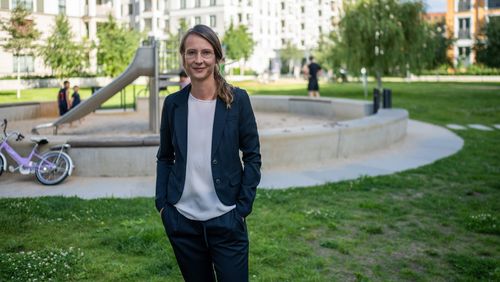If it were up to citizens to decide how limited supplies of vaccine are allocated in a pandemic such as the current coronavirus pandemic, what would the vaccination strategies look like within individual countries, and how would vaccines be allocated beyond national borders? Political scientists Professor Markus Tepe and Dr Michael Jankowski of the University of Oldenburg, together with colleagues from Denmark, Israel and the U.S., are seeking answers in a project titled "Who should get the vaccine first?".
The team - comprising Professor Raanan Sulitzeanu-Kenan of the Hebrew University of Jerusalem (Israel), Professor Pieter Vanhuysse of the University of Southern Denmark, and Professor Adam Lampert of Arizona State University (USA) - is preparing a representative online experiment with 16,000 participants from eight countries (Germany, Italy, USA, Brazil, South Africa, Australia, China and Japan). The project was launched at the beginning of April and will receive just over 112,000 euros in funding from the Volkswagen Foundation over eighteen months.
"Regulating the allocation of vaccines is a global challenge for policymakers," said Professor Tepe, principal investigator of the project. When a commodity is in such short supply and at the same time in such high demand, conflicts over allocation within and among countries are inevitable, he explained.
But which solutions do citizens favour? Would they prefer a global distribution system such as that envisaged by the World Health Organization (WHO)? Or do they think that national interests should generally take precedence, even if this could put other countries at a disadvantage, or if their own country could be left behind in the race to develop and produce vaccines?
The researchers aim to find out under which conditions a solidarity-based distribution of vaccines among the countries of the Global North and Global South could be possible. Because that, according to Tepe, is considered to be "a key success factor for the fight against future global epidemics".




